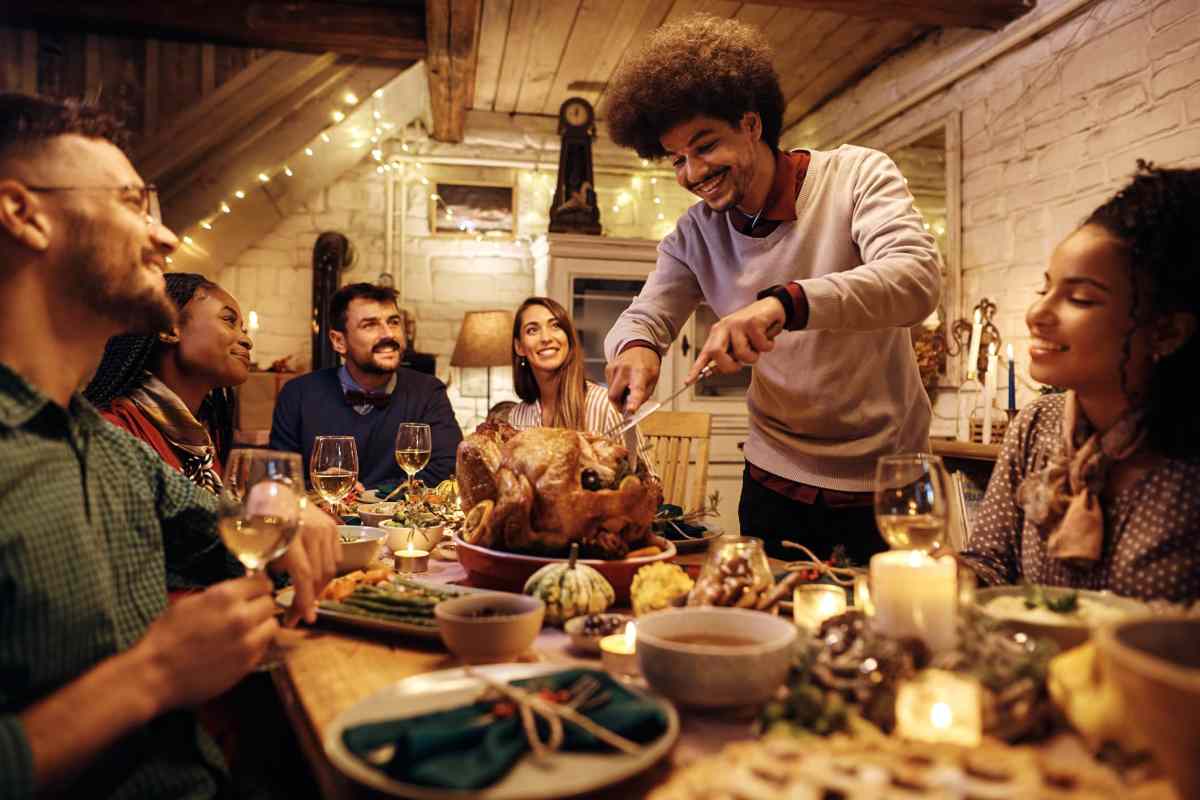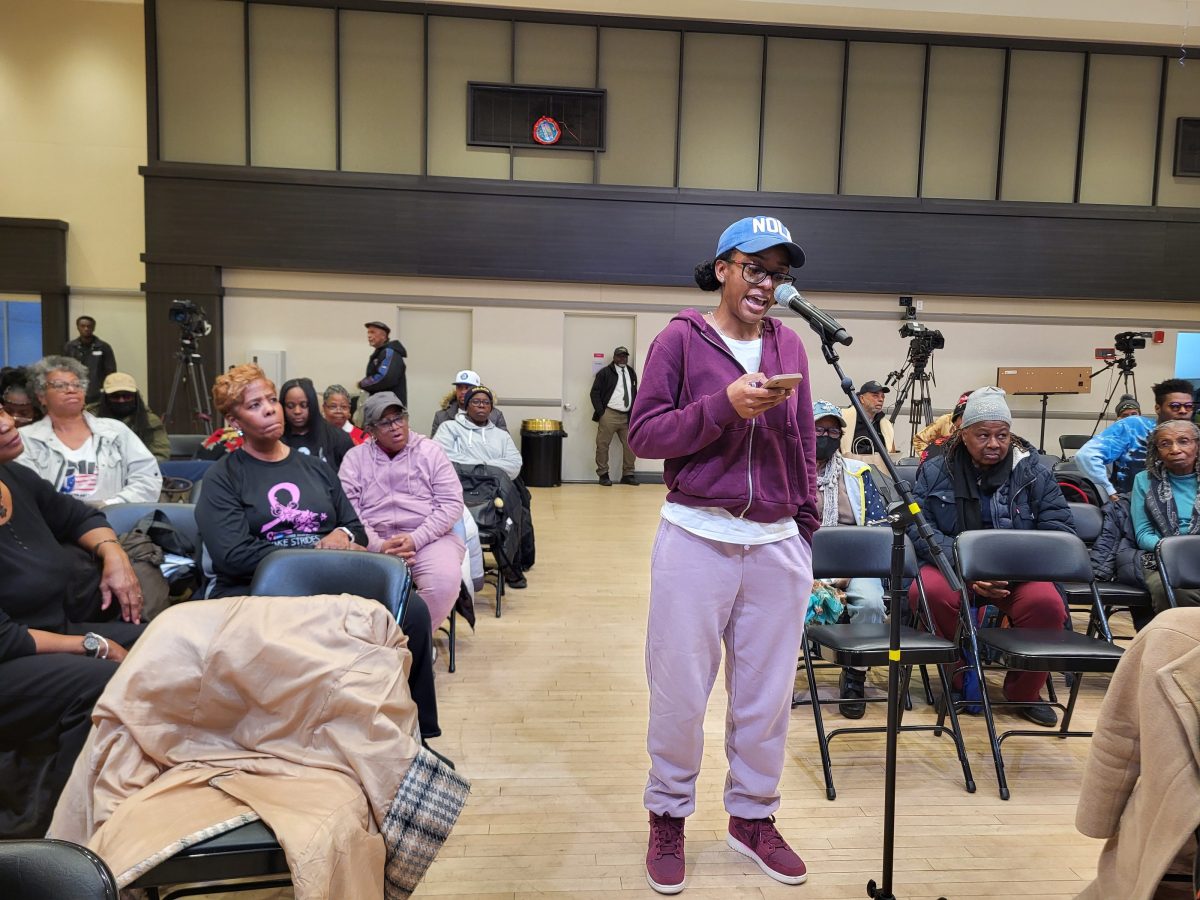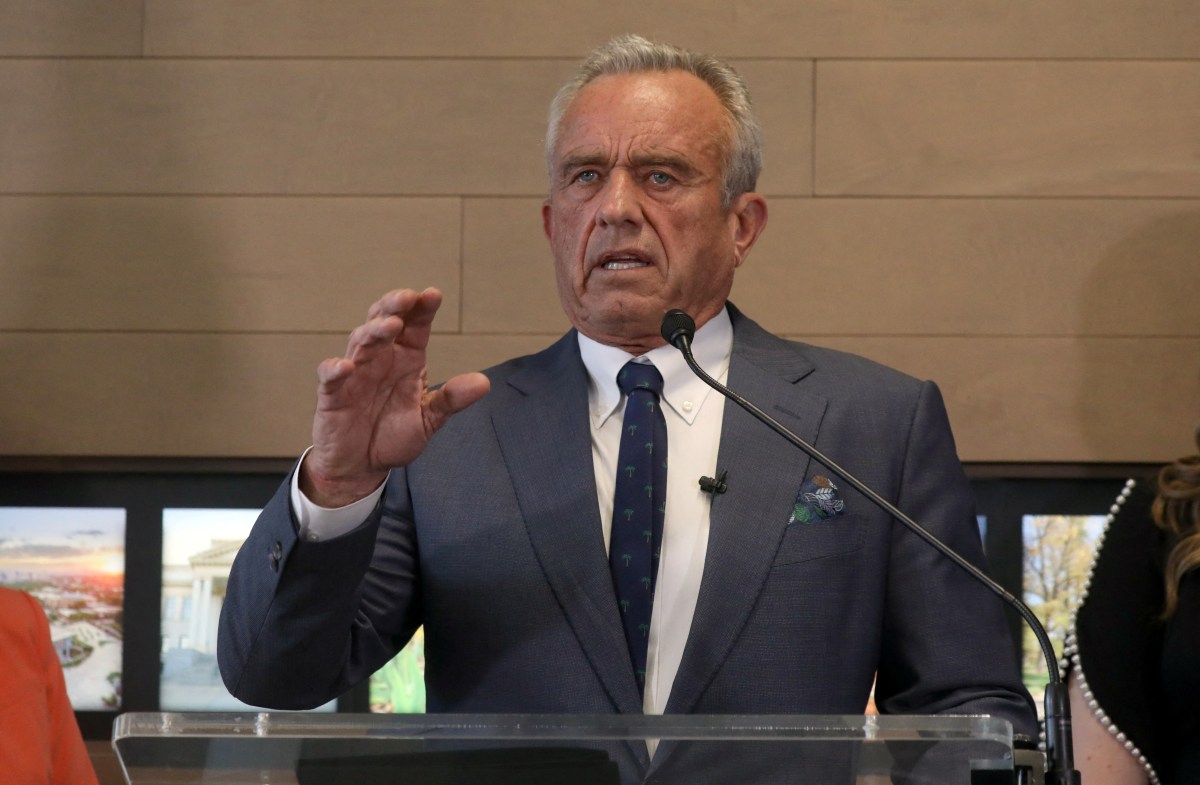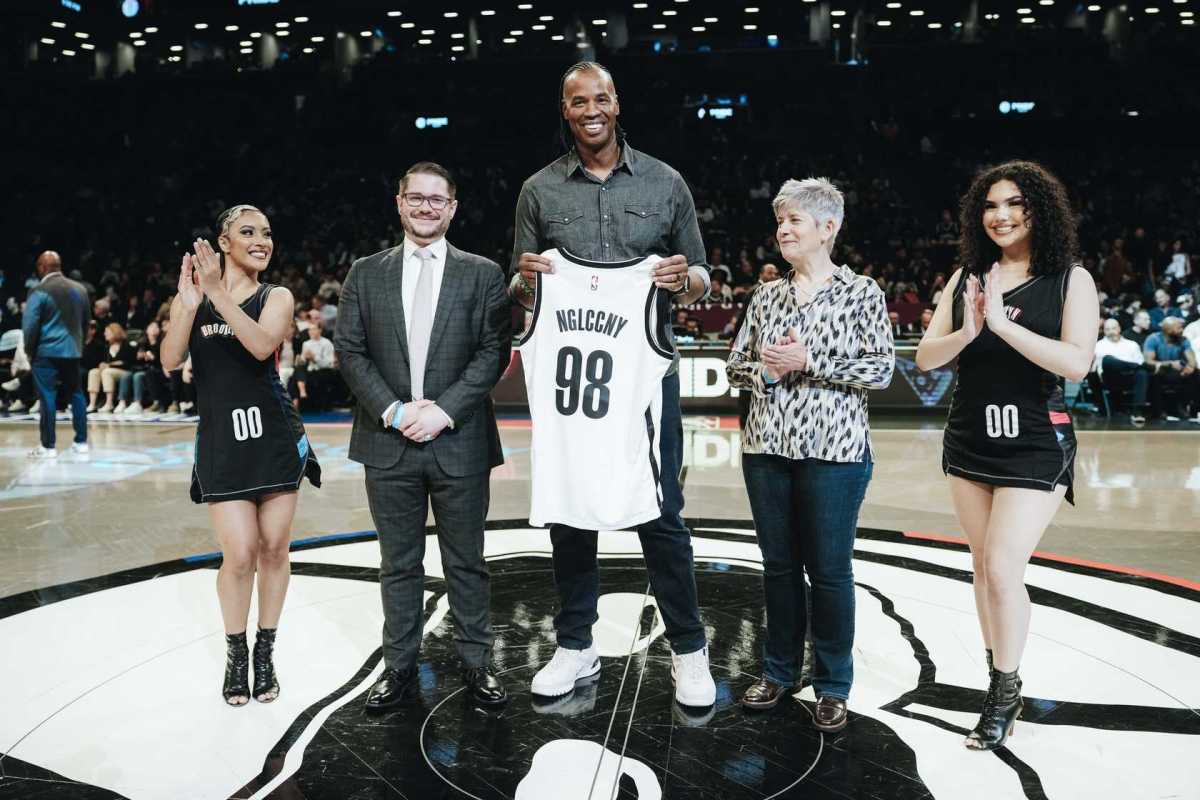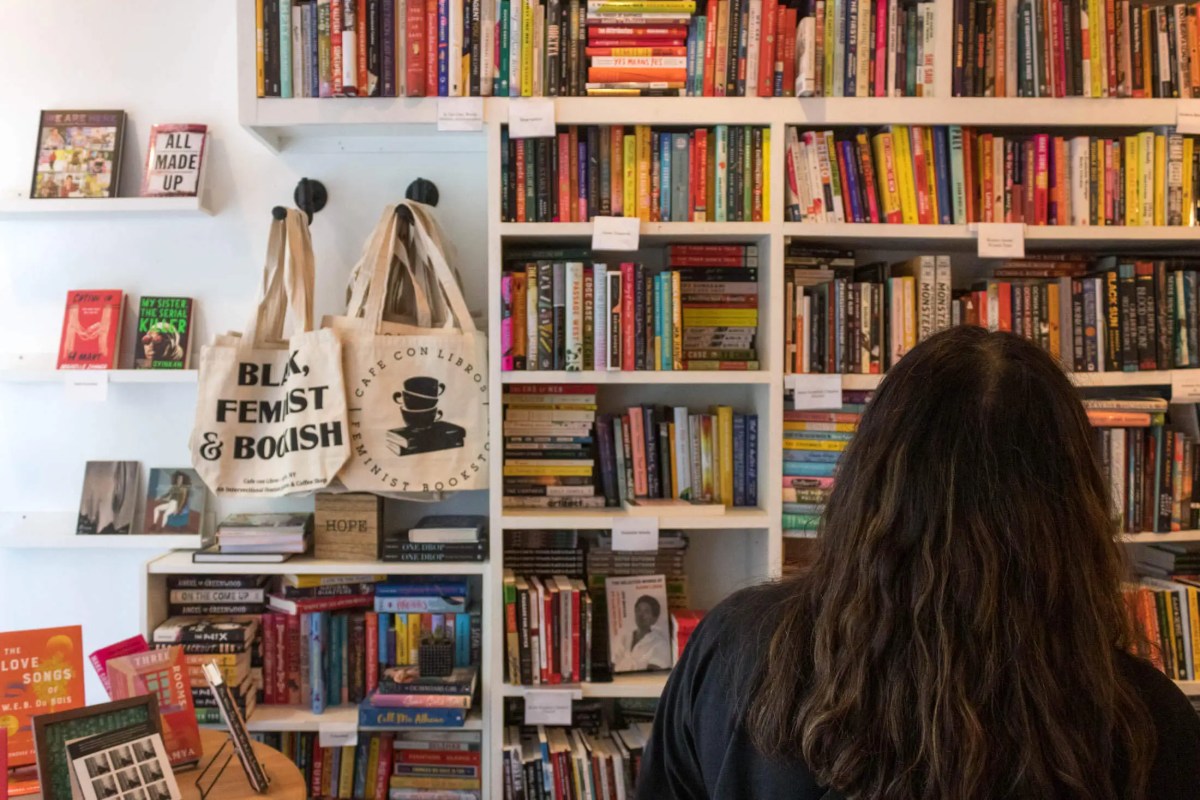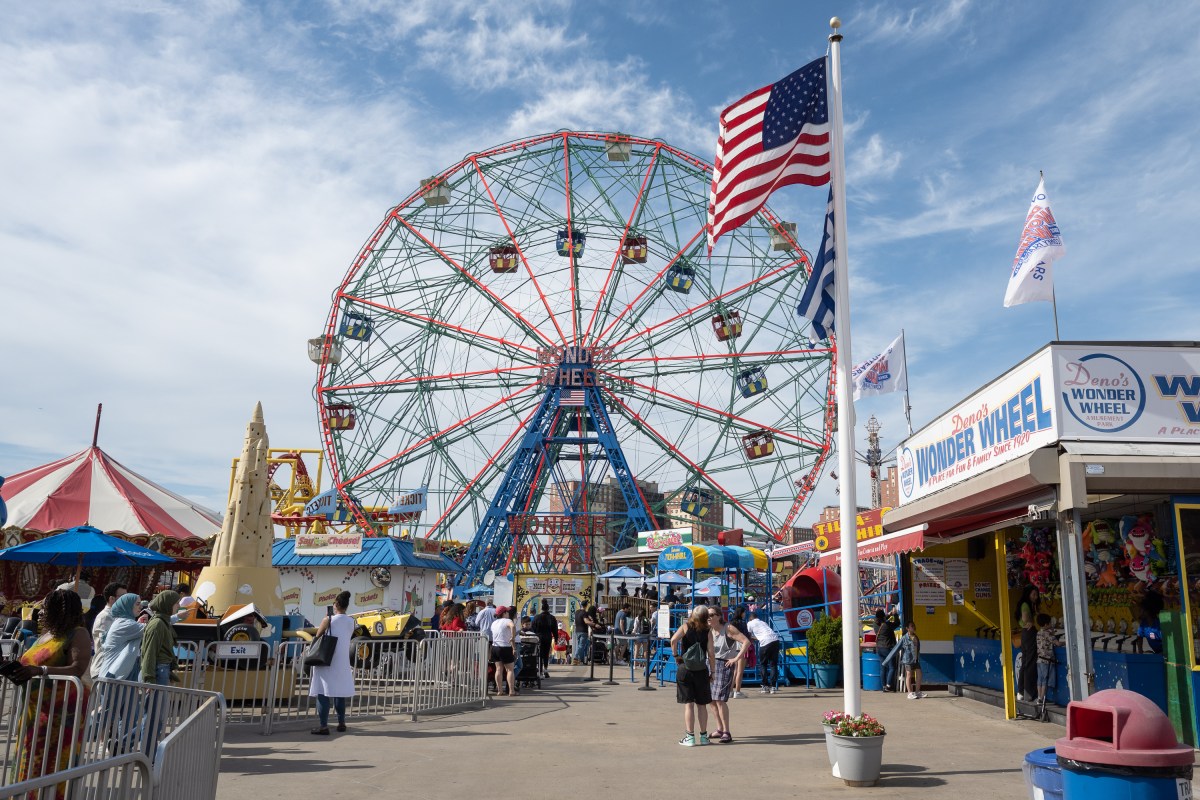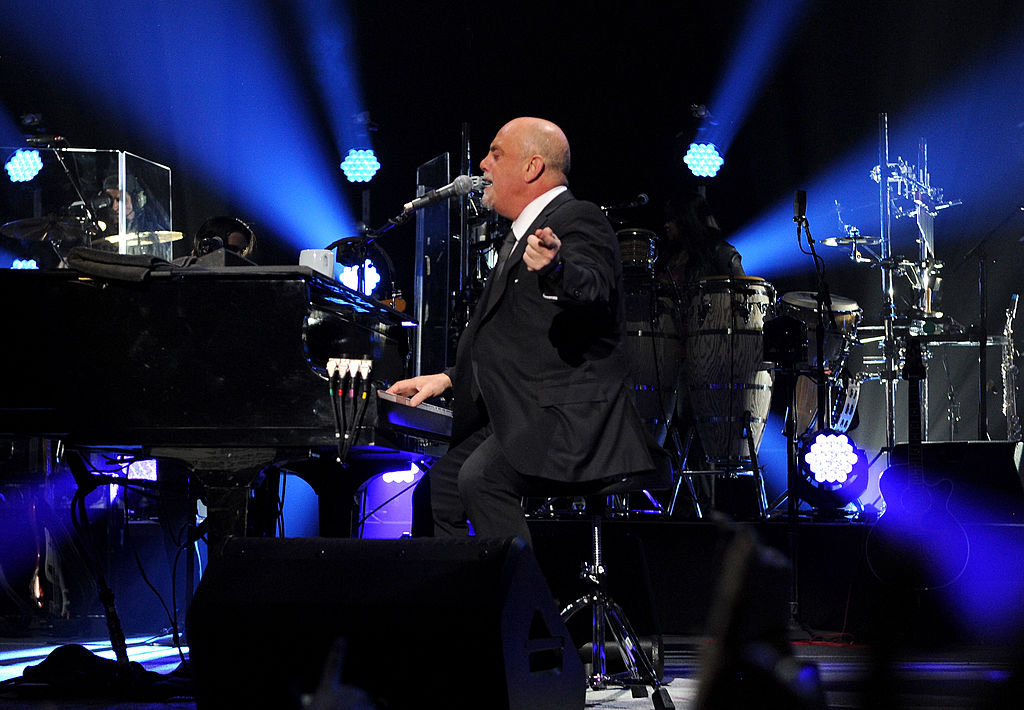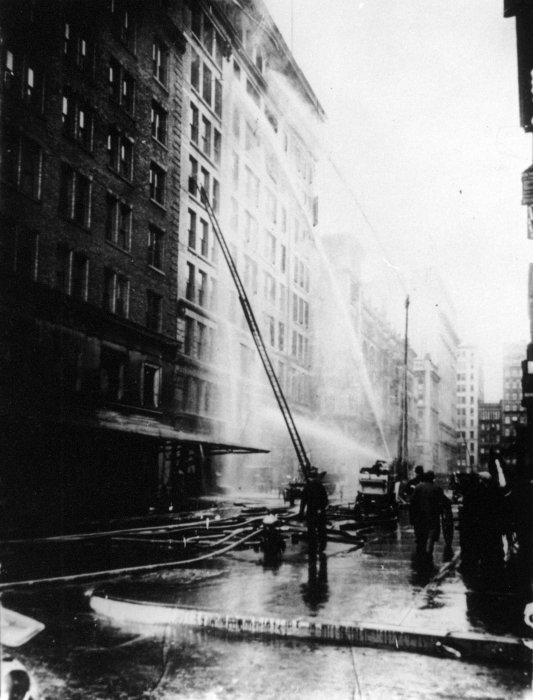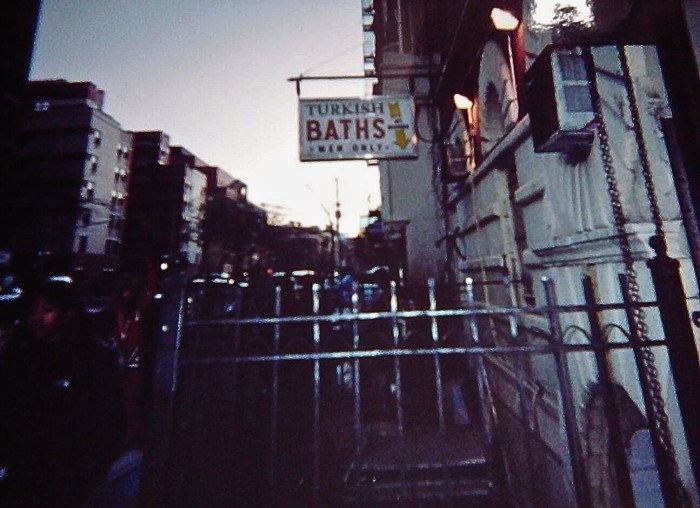They say there’s no place like home for the holidays, but for many the mental, emotional and financial strain of travel often means skipping the return trip to visit family. Over the years, a new tradition emerged: “Friendsgiving,” an alternative to family gatherings among (you guessed it) friends.
It’s no surprise to see the trend take off in New York City, where folks from far and wide have come to be a part of one of the largest melting pots in the world. But beyond the hashtag-friendly branding, casual setting and famously good vibes, Friendsgiving is more than just a marketing tagline.
At a time when we are supposed to be thankful for all we have, I, like many people, can’t help but think about loss.
Loss punctuates chapters in my life, and grief has a habit of standing out like a dog-eared page. It separates my life into a series of befores and afters.
Friendsgiving took on a new meaning for me in 2014.
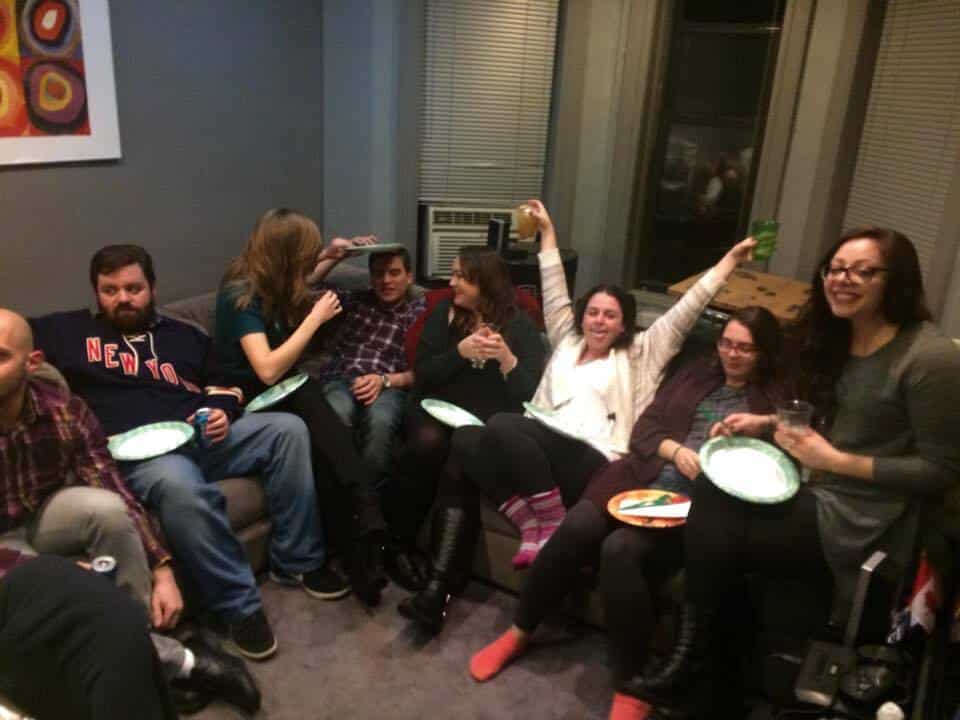
It was one year after my mom died, and six years after my dad died. I’d broken out of the grief bubble (or so I thought), put on a dress and some tights and made my way to my oldest friend’s house. I even curled my hair, according to Facebook photos from a since-deceased digital camera.
Growing up, I always felt dependent on my friends, a trait I would later learn I inherited from my father — the life of the party and the Bay Ridge bar scene. So, with both of my parents gone, it only felt fitting to plan my holidays in the years that followed around my friends. After all, they felt so much like family.
I don’t remember much of that 2014 Friendsgiving — I was unknowingly still in a grief haze, after all. What I do remember, almost a decade later, is being surrounded by loved ones, being full of spiked apple cider and, for once that otherwise dreary holiday season, not feeling the gaping hole left by my parents’ death.
My friends rallied, but for the first time since my mom died, it felt like they weren’t just rallying for me. We were all rallying for each other. We leaned into being family, no matter what we each had going on (or not) at home that year.
Have Friendsgiving photos or videos to share? DM @whatisnewyork on Instagram or submit any videos at submit.
The Origins of Friendsgivings
According to Merriam-Webster, the word “Friendsgiving” is a relatively recent word, with the first use of the word appearing in 2007 in Usenet posts and on Twitter referring to the now-popular gathering. However, Merriam-Webster recognizes that the word may have been in circulation for some time before this.
Though it was never used as a phrase on the show, some believe that the impetus for Friendsgiving were inspired by the popular TV show “Friends,” as several Thanksgiving episodes of the series showed the gang celebrating Thanksgiving together rather than with their families.
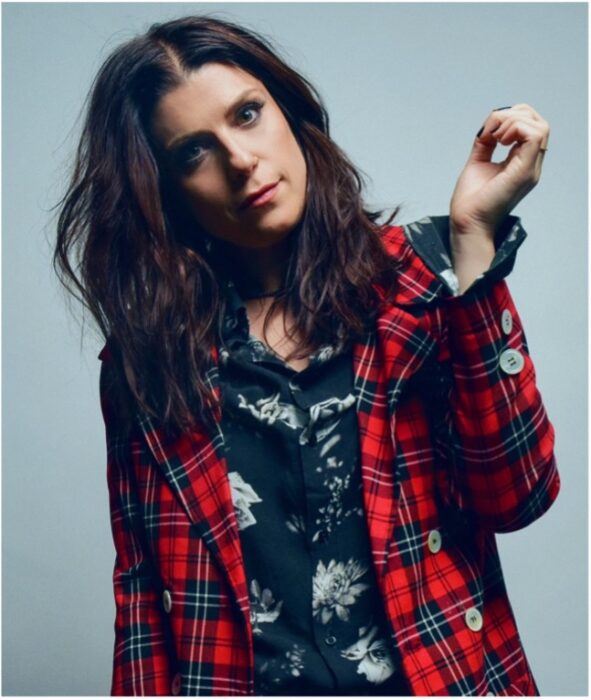
“I always liked the idea that if you couldn’t or didn’t want to spend it with your family, you could spend it with friends, which up until even a few years ago was sort of sneered at, which is ridiculous and short sighted,” said Lane Moore, bestselling author of “How To Be Alone: If You Want To And Even If You Don’t”, and “You Will Find Your People: How To Make Meaningful Friendships As An Adult”; and host of “I Thought It Was Just Me Podcast” on Patreon. “There’s so many of us who don’t live near our families, or frankly don’t want to go home for the holidays, or don’t have anywhere to go home to, and that’s a lot more New Yorkers than we think.”
As one of the biggest melting pots in the country, New York City draws in people from far and wide, many relocating for school, work or just for a change of scenery. So when it comes to the question of going home for the holidays, given the cost and mental toll of traveling, many New York transplants opt to go home for the December holidays rather than for Thanksgiving.
There’s a lot more to Friendsgiving than just skipping crowded airports and saving a few bucks.
“The holidays can be a triggering time for many who don’t have great relationships with their family. For these people, the holidays can be a harsh reminder of the lack of closeness especially with all of the hallmark movies and social media posts that emphasize family and togetherness,” said Alana Carvalho, LMHC, a licensed mental health counselor and host of the The Codependent Perfectionist Podcast. “It may be better to spend that time with friends, volunteering or any other place where we feel a sense of safety, connection or belonging.”
Making Your Own Celebration
If you’re embarking on your own first holiday alone, fear not.
“If it’s your first holiday alone, goodness, I see you, you’re not alone. I put a whole chapter in my first book ‘How To Be Alone: If You Want To And Even If You Don’t,’ to walk you through it because there’s so much that comes up, and it can feel so overwhelming and impossible,” said Moore. “The first place I’d start is asking yourself what looks like a fun holiday FOR YOU. Start there, always.”
There are even virtual Friendsgiving events, including Tinder Live hosted by Moore on Nov. 25.
No matter what you end up doing, remember to be sensitive to the variety of reasons why someone at your Friendsgiving might be there.
“Other people at your Friendsgiving are going home to their loving, wonderful perfect families in two days and this is just a fun dinner for them, whereas it means so much more to people for whom this might be all they have,” said Moore. “I think that’s why I started writing so much about it, because it always felt like I was the only one at every party who felt like that. But since I started writing about it, I hear from so many people who also feel like they’re the only one.”
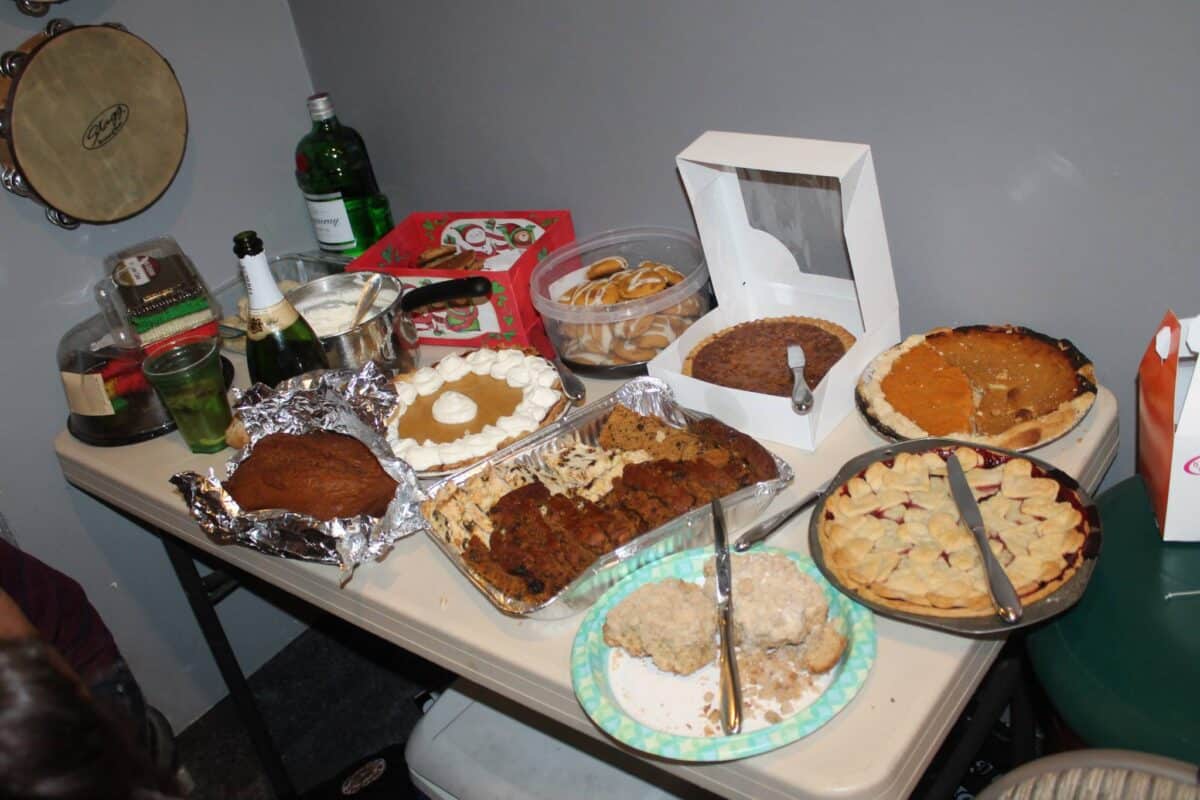
For me, Friendsgiving has made me thankful, for lack of a better term, for the friends that have become family, and it has even watered my appreciation for holidays with my real family, and especially so with the family I hope to build one day.
This year, for the first time, my now-husband and I will be celebrating Friendsgiving with his friends, almost two months to the day since losing a shared best friend of ours. There will be food, there will be drinks, there will be laughter and tears — just like any other family holiday.
Friendsgiving, by definition, is a Thanksgiving celebration with one’s friends, as opposed to one’s family. But, what Friendsgiving has taught me is that family doesn’t have to be blood. It can be friends, it can be co-workers, it can be neighbors…and it can certainly be all of the above.
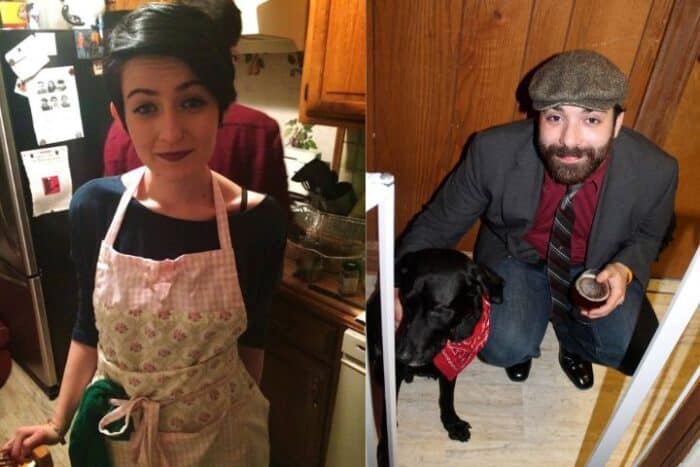
Like what you see? Sign up for our amNY x What is New York email newsletter to receive a new collection of viral clips, exclusive interviews, history trivia, and unique “only in NY” stories.
Have Friendsgiving photos or videos to share? DM @whatisnewyork on Instagram or submit any videos at submit.



